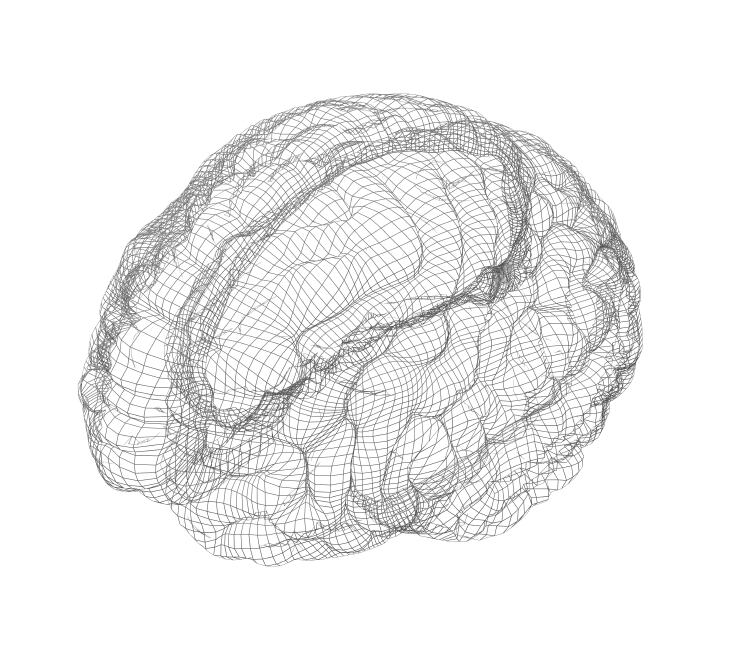French and Swiss researchers have documented a series of biological mechanisms, triggered by fatty foods eaten during adolescence, that appear to impair the creation of a protein that regulates brain function.
Consequently, impaired higher cognitive functions such as behavioural flexibility and memory become apparent in later life.
The results of the research give clues as to how unhealthy foods and obesity promote the development of neuropsychiatric and neurological conditions.
The findings are of particular significance in the adolescent phase, where there is an increased caloric need and heightened appetite that fuels brain development during this period.
Diet decline

According to the researchers, a declining quality of diets over the past few decades and a lack of understanding of the impact these diets have on neurons will have a bearing on the future rates of various brain conditions.
"Although more studies are definitely needed, high-fat diets could potentially exacerbate the synaptic deficits in patients with mental illnesses such as schizophrenia or Alzheimer's disease or even aggravate cognitive anomalies," said Dr Urs Meyer, professor of pharmacology at the University of Zurich in Switzerland.
Mice fed high-fat foods mice exhibited cognitive defects as early as four weeks, according to the study. This was more evident in adolescent mice and not those fed an identical diet during adulthood.
Along with observed weight gain, Dr Meyer, along with co-study author Dr Pascale Chavis from the INMED Institute in Marseille observed tangible changes to the frontal region in the brain known as the prefrontal cortex.
"This brain region is very interesting," said Dr Chavis. “Unlike the rest of the brain, it is not fully developed until early adulthood."
"Our study highlights that the quality of the food eaten by teenagers may also be particularly important for an optimal maturation of the prefrontal cortex," added Dr Marie Labouesse, lead author of the study.
Reelin deficiency
In particular, the team observed that the prefrontal cortex of mice fed high-fat foods had fewer neurons expressing reelin – a protein that controls neuron function, and their ability to adapt to changes in brain activity.
"Our findings suggest that a careful nutritional balance during this sensitive period is pivotal for reaching the full capacity of adult prefrontal functions," Labouesse said.
Reelin deficiency is also a characteristic documented extensively in brain disorders. “The fact that the reelin protein displays vulnerability towards the negative effects of unhealthy foods is fascinating from the scientific perspective,” concluded Dr Chavis.
“It is also very worrying when we think of the potential impact this might have for human health."
Source: Molecular Psychiatry
Published online ahead of print, DOI: 10.1038/mp.2016.193
“Hypervulnerability of the adolescent prefrontal cortex to nutritional stress via reelin deficiency.”
Authors: Urs Meyer et al.
